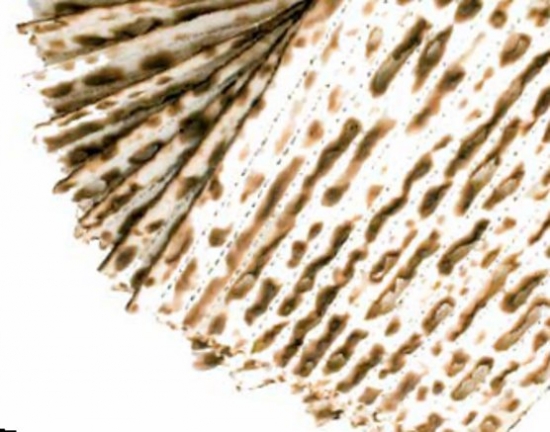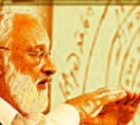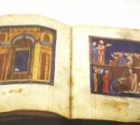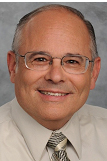
Image courtesy of www.kosherstock.com
We will shortly be sitting down at the Seder table with our respective families to celebrate the Exodus from Egypt. One of the most fascinating portions of the Haggadah deals with the Four Sons. The two sons who by far attract the most attention are the discerning and probing "wise son" - the Hakham, and the challenging, if not rebellious, "wicked son" - the Rasha. Each son asks a question about the unique ceremonies of the Seder night. While the Hakham is praised for his query, the Rasha is chastised for his. When the Rasha asks: "What is the meaning of this service to you?” His use of the word you, instead of us, is understood to reveal his underlying rejection of Tradition and the Jewish people. Yet, the Hakham, too, uses a similar formulation. He, after all, asks: "What are the various commandments that our G-d has commanded you?"
In his commentary to the Haggadah, Tel Aviv Chief Rabbi Yisrael Meir Lau quotes the insightful comments of the Blozhover Rebbe. The latter suggests that the crucial difference between the wise and wicked sons is their respective choice for the Hebrew word YOU. The Hakham uses the word "etkhem", while the Rasha uses "lakhem". The two words are synonomous – but each has its own nuance of meaning. The word "etkhem" stems from the word "et" which is inclusionary in connotation. Furthermore, etkhem is composed of Aleph - the first letter of the Hebrew alphabet, Taf - the last letter, and Khafand Mem - which are two central letters. Each of these letters represents points in Jewish history. The Hakham is a Jew who has solid roots in the Jewish past and tradition (Aleph), is proudly involved in its present (Khaf and Mem), and works hard at building a solid foundation for the future (Taf).
The Rasha, on the other hand, uses "lakhem" which is exclusionary in meaning. What's more, it is composed solely of the three central letters in the Hebrew alphabet: Khaf, Lamed and Mem. He is concerned only about the present - he has little interest in his people's past and is even less concerned with their future. One who sees no future for the Jewish people - or doesn't see himself as part of that future - has effectively cut himself off from Jewry and the G-d of history.
As we all know, the Seder is very preoccupied with children. They are encouraged to ask questions. We keep them awake throughout the long evening via dialogue (the four questions), ritual (dipping the karpas, spilling the wine), songs ("Hallel", "Dayyenu" and "Had Gadya"), strange food (matza, maror, haroset and the Hillel sandwich) and even games (e.g., stealing the afikoman). This is because the ultimate goal of Seder is to stimulate our children to become hakhamim - to identify with the Exodus, with Sinai, with Elijah the prophet and the Land of Israel. As my late father, Rabbi Dr. Norman E. Frimer wrote: “On Pesach, a child’s senses are caught and stirred by the smells, sights, sounds, touches and tastes of the Seder. Through such sensuous stimuli, a young child is conditioned to identify with his people’s past, participate in its present, and share its dreams for a distant yet beckoning tomorrow.” (Horizon, September-December 1970, p. 7).
Our ultimate goal is to make the Seder fascinating, stimulating and challenging enough so that all four sons will identify as proud Jews and want to be present – irrespective of their educational background, views, questions, goals or values. As Efrat Chief Rabbi Shlomo Riskin notes, "perhaps our greatest existential fear is for the 'fifth son' – who doesn't show up to the Seder at all!
May the Seder succeed in passing on its timeless educational message. "Hag Kasher ve-Same’ah".
Rabbi Dr. Aryeh A. Frimer is the Ethel and David Resnick Professor of Active Oxygen Chemistry at Bar Ilan University; FrimeA@mail.biu.ac.il.
 dear editor 159 magazine
dear editor 159 magazine OVERNIGHT OAT & SESAME BARS
OVERNIGHT OAT & SESAME BARS IN THE SWIM
IN THE SWIM Kabbalah For All
Kabbalah For All Haggadot
Haggadot Passover 5767 ...The Holiday of Freedom
Passover 5767 ...The Holiday of Freedom Aryeh A. Frimer
Aryeh A. Frimer